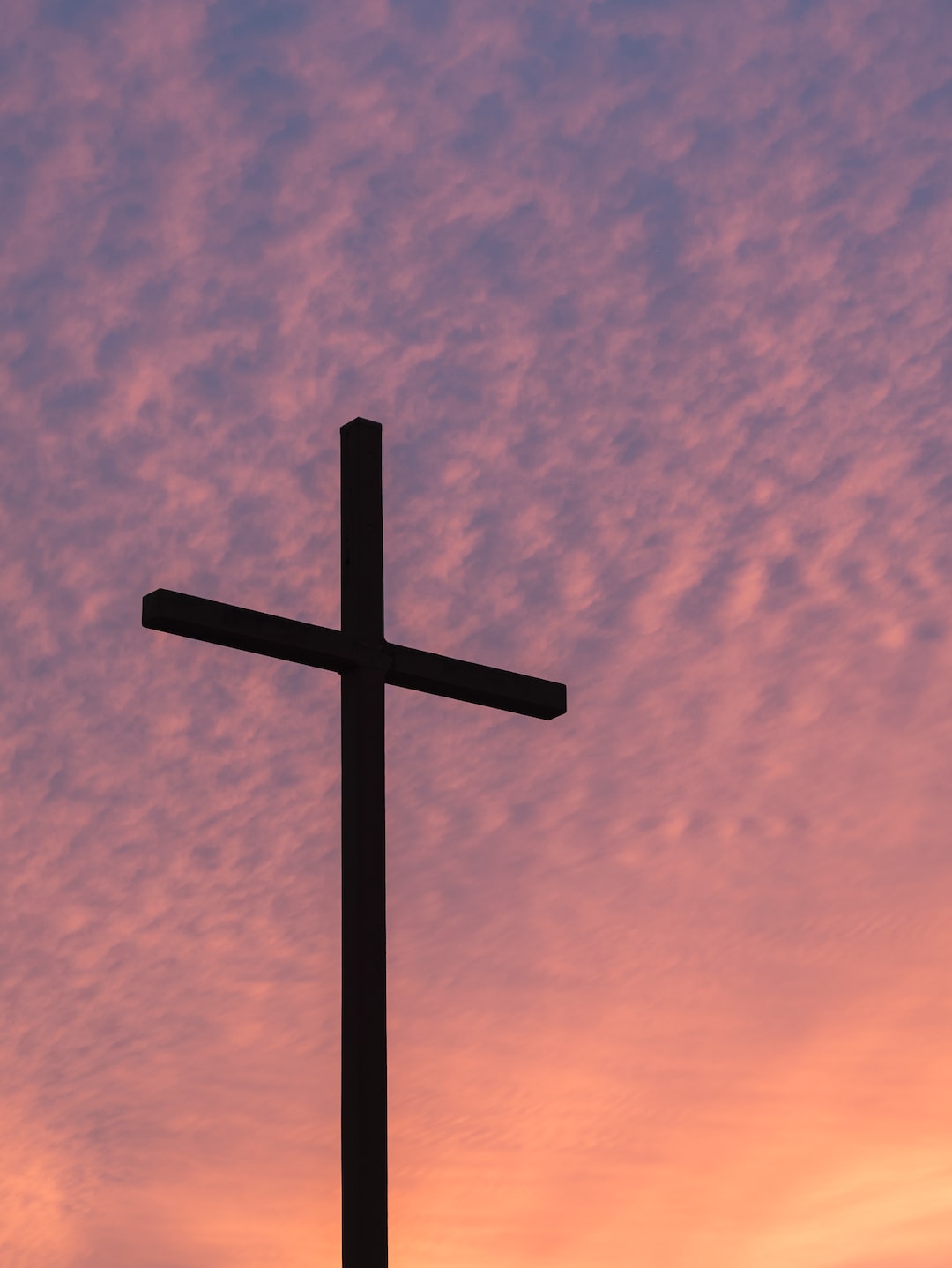The Healing Potential of Faith in Overcoming Grief and Loss
Grief and loss are inevitable parts of life that can leave individuals feeling empty, broken, and lost. Whether it is the death of a loved one, the end of a relationship, the loss of a job, or any other significant change, the emotions that come with these experiences can be overwhelming and heart-wrenching. During these difficult times, faith has been known to provide solace and comfort, serving as a guiding light through the darkest of moments. In this blog post, we will explore the healing potential of faith in overcoming grief and loss.
Faith can play a transformative role in the grieving process, offering support and understanding when everything else seems futile. It provides a sense of hope that there is something greater beyond this earthly existence, something to hold onto in times of despair. Faith can provide individuals with a framework to make sense of their loss, helping them find meaning and purpose amidst the pain.
One of the central components of faith that aids in healing is the belief in an afterlife or a higher power. This belief brings assurance that the departed loved one is at peace or in a better place, providing comfort and a sense of closure. The belief in an afterlife can also serve as a reminder that death is not an end, but a transition, and that reunion is possible in the future. This assurance can bring immense relief and help in handling the raw emotions associated with loss.
Faith communities, such as churches, temples, mosques, or any other religious groups, often become important pillars of support during the grieving process. These communities offer a sense of belonging and provide spaces where individuals can gather with others who share similar beliefs and experiences. The shared rituals, prayers, and discussions offer solace and solidarity, creating a safe environment for individuals to express their grief and find comfort in the embrace of their faith community.
Moreover, faith can bring about a sense of inner strength and resilience in those going through grief. It offers a source of guidance and wisdom, guiding individuals through the tumultuous journey of healing. Faith teaches individuals to lean on their belief systems, encouraging them to seek solace, find forgiveness, and ultimately transform their grief into something meaningful. This transformation can help individuals grow and evolve, leading to personal and spiritual development.
Another significant aspect of faith in healing grief is its focus on compassion, love, and service to others. Many faith traditions emphasize the importance of reaching out and helping those in need. By channeling their grief into acts of kindness and selflessness, individuals can find purpose and fulfillment, bringing them closer to healing. Engaging in charitable activities or volunteering not only helps the wider community but also brings a sense of satisfaction and renewal to individuals experiencing grief.
It is important to acknowledge that faith may not be the sole answer for everyone in overcoming grief and loss. Each person’s journey is unique, and what works for one may not necessarily work for another. However, for those who find solace in their faith, it can be a powerful tool for healing.
It is crucial to note that faith does not erase grief or make the pain disappear miraculously. Grief is a natural and necessary part of the healing process. However, faith can provide individuals with the strength, support, and hope needed to navigate through the ups and downs of grief, enabling them to forge a path towards healing.
In conclusion, faith has immense healing potential when it comes to overcoming grief and loss. The belief in an afterlife, the support of faith communities, the inner strength and resilience it fosters, and the opportunity for compassion and service all contribute to the healing journey. While faith may not be the answer for everyone, it serves as a powerful tool for those who find comfort in their beliefs. Through faith, individuals can find solace, purpose, and ultimately, a way forward in the face of grief and loss.
